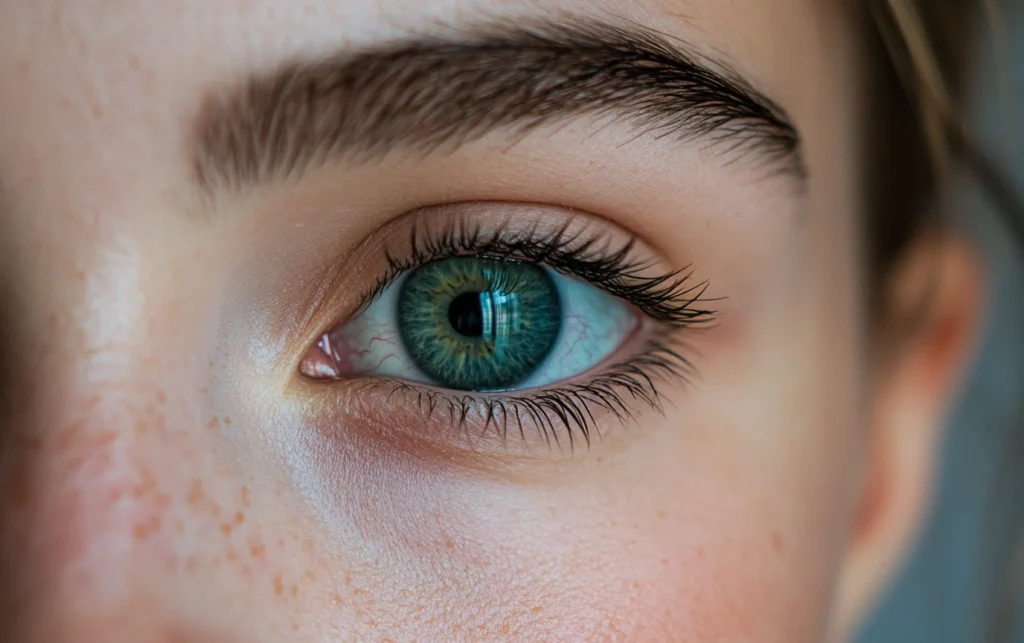Dark circles under the eyes are a common concern for many individuals, often leading to feelings of self-consciousness. While genetics, lifestyle, and aging play significant roles, nutritional deficiencies can also contribute to this aesthetic issue.
In this article, we will explore what may be lacking in your body if you’re noticing dark circles.
Common Causes of Dark Circles
Before delving into nutritional deficiencies, it is vital to understand some common causes of dark circles:
- Genetics: A family history of dark circles may predispose you to this condition.
- Lack of Sleep: Insufficient sleep can exacerbate the appearance of dark circles.
- Allergies: Allergic reactions can cause irritation and inflammation, leading to dark stains around the eyes.
- Age: As we age, skin loses collagen and elasticity, making blood vessels more visible.
Nutritional Deficiencies Linked to Dark Circles
Here are some vitamins and minerals whose deficiency could lead to the appearance of dark circles:
1. Vitamin K
Vitamin K plays a crucial role in blood clotting and circulation. A deficiency can hinder proper blood flow, leading to discoloration under the eyes.
2. Iron
A lack of iron can result in anemia, which is characterized by reduced oxygenation in the blood. This may make dark circles more pronounced as the skin becomes paler.
3. Vitamin C
Vitamin C is essential for collagen production and strengthening blood vessels. A deficiency can lead to a thinner skin layer under the eyes, making dark circles more prominent.
4. Vitamin B12
This vitamin is crucial for red blood cell production. Insufficient B12 levels can lead to poor circulation and pallor, exacerbating dark circles.
5. Omega-3 Fatty Acids
Omega-3s are vital for skin health. An inadequate intake can result in dryness and decreased skin elasticity, which may enhance the appearance of dark circles.
If you frequently notice dark circles under your eyes, consider evaluating your dietary habits. Incorporating foods rich in the aforementioned vitamins and minerals may help improve your skin’s appearance. However, persistent issues should always be discussed with a healthcare professional to rule out underlying health conditions.
Remember, a healthy diet not only boosts your appearance but also enhances your overall well-being.

